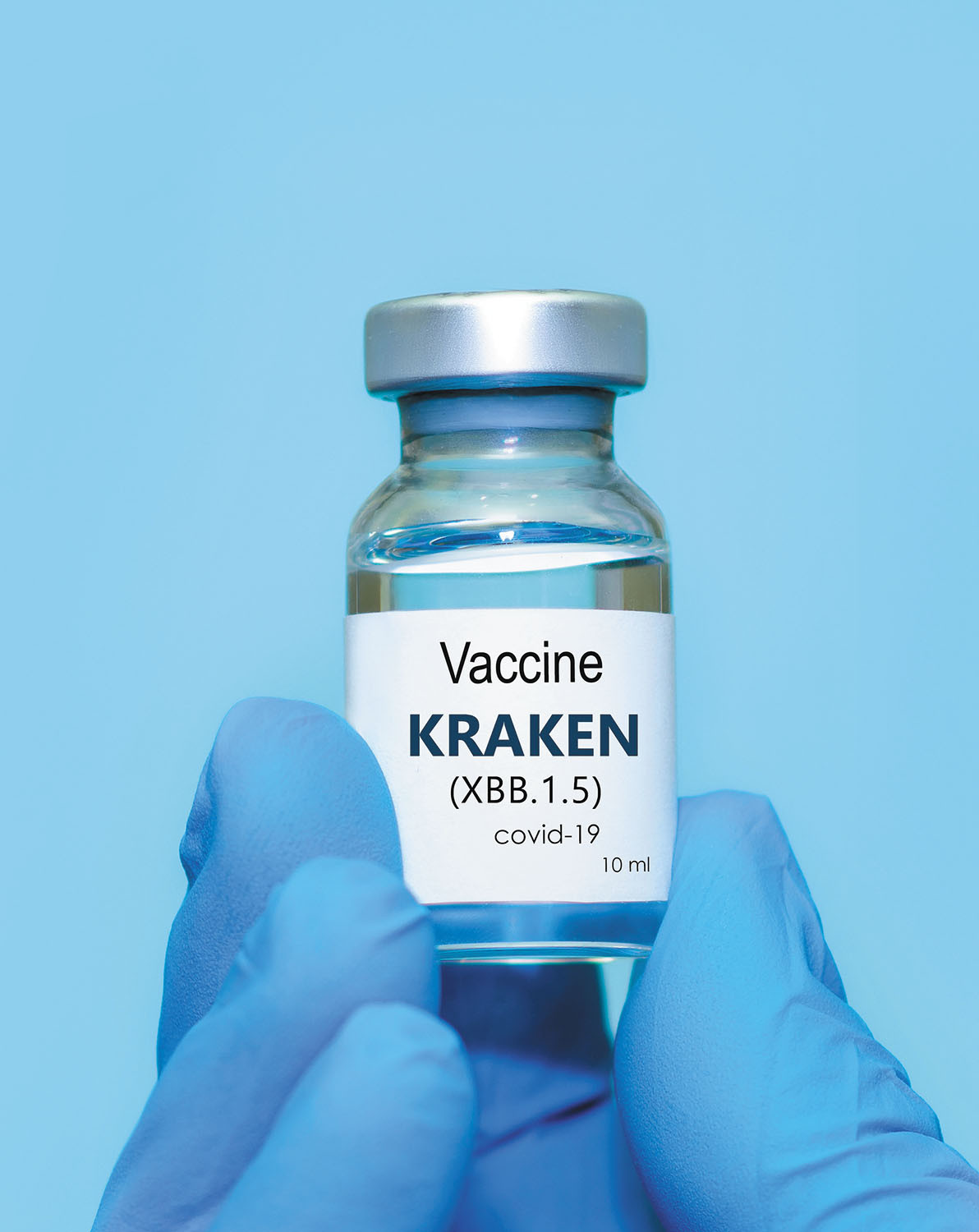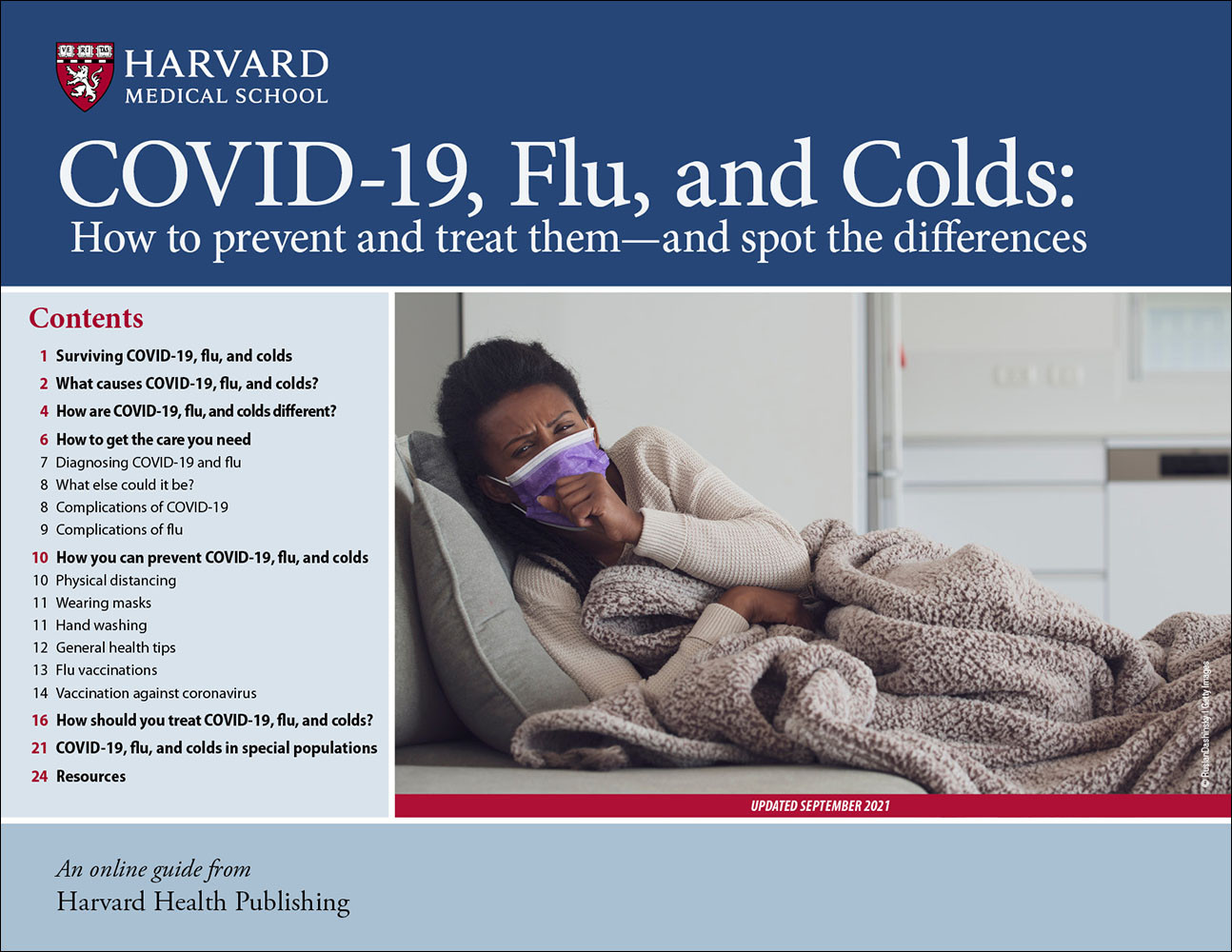Do I need any more COVID vaccinations?
On call
 Q.
I had both doses of the original COVID-19 vaccine and had the newer bivalent booster in December 2022. Do I need any more COVID shots?
Q.
I had both doses of the original COVID-19 vaccine and had the newer bivalent booster in December 2022. Do I need any more COVID shots?
A. Advice on who should receive COVID vaccine boosters, and when, will remain in flux for at least another year and likely be a moving target long after. Compare this to the influenza vaccine, for which the CDC recommendations have stayed relatively stable. Everyone ages 6 months and older should get an annual flu vaccine, with rare exceptions. The CDC works with the manufacturers of the influenza vaccines to help predict the ingredients most likely to target evolving mutations in the virus. Your doctor or pharmacist will recommend the type of flu vaccine that is best for you.
Why is this different for the COVID vaccine? There are multiple reasons. This coronavirus — officially called SARS-CoV-2 — is highly contagious, more so than any recent strain of influenza. That's true even with mutations appearing to make it less likely to cause hospitalization and death. The mutations are still happening, and the CDC, FDA, and vaccine makers are trying to keep up. The first vaccines targeted the original strain. Then scientists had to contend with the Omicron strain, leading to the creation of the bivalent vaccine. Earlier this year, an Omicron subvariant called XBB.1.5 (dubbed "Kraken") became a new dominant strain.
Getting infected with COVID offers natural protection, and for people who have had COVID a second time, their immune system may have had an additional natural boost. And getting vaccinated in addition to having had COVID could offer additional benefits. But many people won't mount enough immune response even after infection and vaccination; in addition, protection (regardless of the source) tends to wane over time.
According to the CDC, people over age 65 and younger people with certain chronic conditions who have had only one bivalent booster have the option of getting a second bivalent shot. Future CDC recommendations regarding bivalent boosters will depend on the circulating SARS-CoV-2 strains.
This summer, the FDA instructed the vaccine makers to have the next COVID vaccine target the XBB.1.5 Omicron subvariant. The CDC will be issuing specific recommendations by October. Everyone eligible for COVID vaccination should consider getting this vaccine once it is approved by the FDA. But those most likely to see a reduced risk of hospitalization and death from a new COVID infection will again be people 65 and older and those with chronic conditions.
It's important to note that the recommendations regarding COVID vaccines and other preventive measures, such as masking and social distancing, will remain fluid for the foreseeable future.
Image: © Suhina Marina/Getty Images
About the Author

Howard E. LeWine, MD, Chief Medical Editor, Harvard Health Publishing; Editorial Advisory Board Member, Harvard Health Publishing
Disclaimer:
As a service to our readers, Harvard Health Publishing provides access to our library of archived content. Please note the date of last review or update on all articles.
No content on this site, regardless of date, should ever be used as a substitute for direct medical advice from your doctor or other qualified clinician.
















